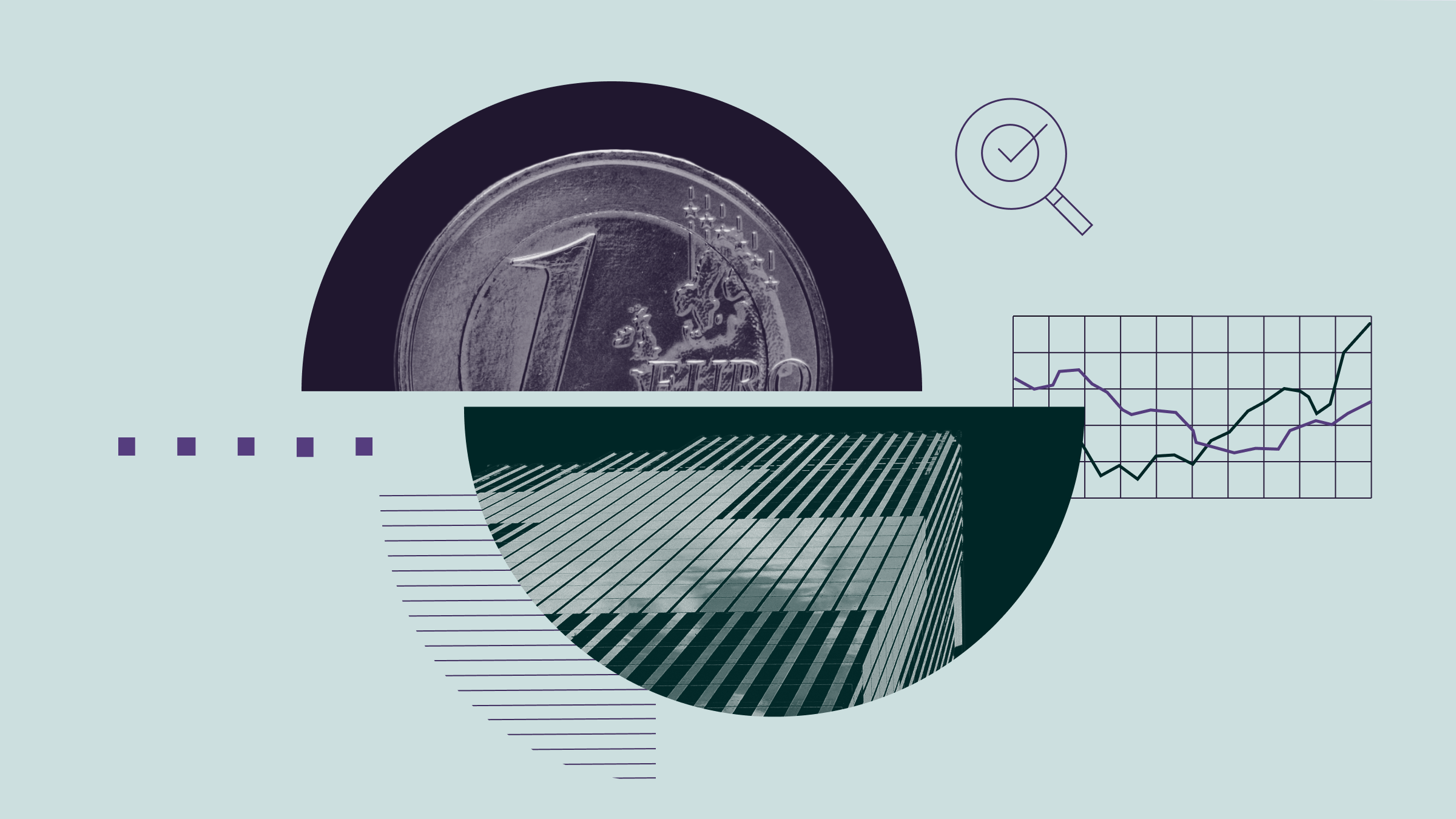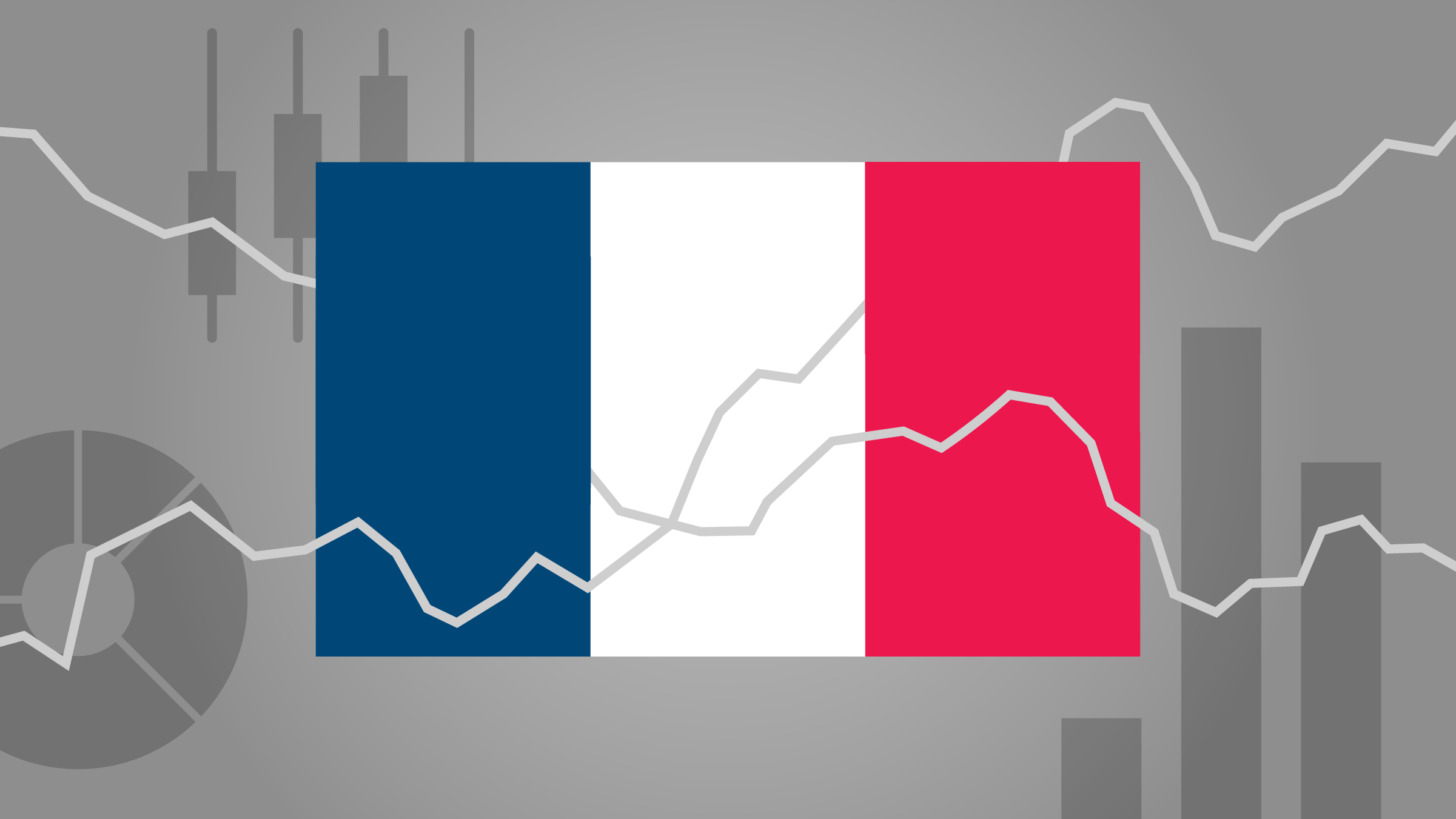Sunniva Kolostyak: Artificial intelligence is a hot topic in the news at the moment, but one fund manager has been waiting for this moment for quite some time. I'm joined by Chris Ford today in the studio. Chris, thank you very much for being here. Like I said, AI - big topic. Can you start with telling me where you think AI will go in the future and what's the role it will play in society?
Chris Ford: That's a very big question. So from where we stand today, if you would have told me what had been achieved over the course of the last five years from the perspective of five years ago, I wouldn’t have believed it. It's been truly extraordinary. AI is going to be, in our view, the defining technological context within which we're going to live our lives, both at work and at home over the course of the next decade. And we need as a society and as investors to engage with it wholeheartedly in order to understand where the disruption is going to occur and how that disruption will change the way our lives are led, for we think very much the better, and it is happening right away across the world, in all sectors of the economy, and in all regions.
Kolostyak: So then if we look at adoption, where are we currently out with that, especially if you compare it to how other technologies have moved in the past.
Ford: So the technology of AI at the moment is incredibly low, considering the opportunity that stands in front of us. But the adoption rates are very, very, quick. And one of the features of the AI world most recently that's caught the eye has been the GPT technology from OpenAI and specifically the ChatGPT application which many people would have been playing with over the course of the last few weeks. And that got from nothing to 100 million users in a matter of weeks and far, far quicker than other applications. It took WhatsApp 50 months to get from nothing to 100 million users. It took Instagram two and a half years to get from nothing to 100 million users. And ChatGPT did it in four to eight weeks depending on which source you want to look at.
So the adoption is incredibly high, the willingness to engage with the technology is incredibly high, but we've barely scratched the surface. But I do think that ChatGPT is an important moment in the story of AI, because it's that moment where you have such a powerful application in the zeitgeist and usable by all of us. Many people have engaged with it. We've used it for silly things like writing sonnets and poems, we might have used it for more meaningful things, completing assessments at school or writing reports at work. So it's really the first time that explicitly people have had the opportunity to engage with a leading-edge AI platform. And of course it's a bit like opening Pandora's box. Once you open Pandora's box, it doesn't go back in again. So now it's here to stay, and we need to figure out how we govern it, how we regulate it, and how it's going to be embedded successfully to the benefit of society rather than to its detriment.
Kolostyak: So I guess the big question is how do you invest in AI and maybe especially if, like you say, AI will become such a big part of everything. So how do you invest in it and how do you invest in it without it being kind of too ubiquitous?
Ford: Well, at the point that we can really, honestly say that AI is ubiquitous, I kind of feel slightly we've won. And that's a point that we've been making since we launched the fund in 2017 that at some point in the forthcoming decades, AI is going to be everywhere and no company is going to be able to succeed without having artificially intelligent systems embedded in their business processes. But we're an awful long way away from that. So while things like ChatGPT catch the eye at the leading edge, actually, there are many more prosaic examples of artificially intelligent systems, such as robotic process automation tools, for example, which have a huge amount to offer in the corporate context, in particular. Which really have barely begun to scratch the surface in terms of their deployment in our daily work lives.
And so for the moment, I wouldn't say it's straightforward, but the ability to differentiate very clearly between those companies engaged fairly meaningfully with AI and those that are not meaningfully engaged with AI is very apparent and we have a very clearly defined framework for doing that. You're right, our investable universe is going to get bigger and broader and deeper and better over time. But for a portfolio manager, that's just fantastic, because all that does is just keep the bar going upwards in terms of raising that bar, the bar over which companies have to jump in order to be able to be considered for inclusion within the portfolio. So that's a wonderful thing for a portfolio manager to have as a feature of the investable universe which we operate within.
Kolostyak: So how do you then as a global artificial intelligence fund, avoid becoming too, I guess, broad techie.
Ford: So one of the features of our investable universe is that there is a lot of tech, but then there's also a lot of stuff which sits well outside of the technology sector. We've – I'm quite old fashioned, I grew up in the 1990s – from investment perspective and I was always taught that diversification is a great place to start from. And so the opportunity for us to find those great AI exposures in disparate parts of the economy and in disparate parts of the world just we feel allows us to build a more diverse, more robust, more persistently performing portfolio. And so far we think we've managed to achieve that reasonably well. But to the extent that our investable universe does grow and broaden over time, we think that those characteristics hopefully should strengthen over time.
Kolostyak: Well, thank you very much. For Morningstar I'm Sunniva Kolostyak.
















